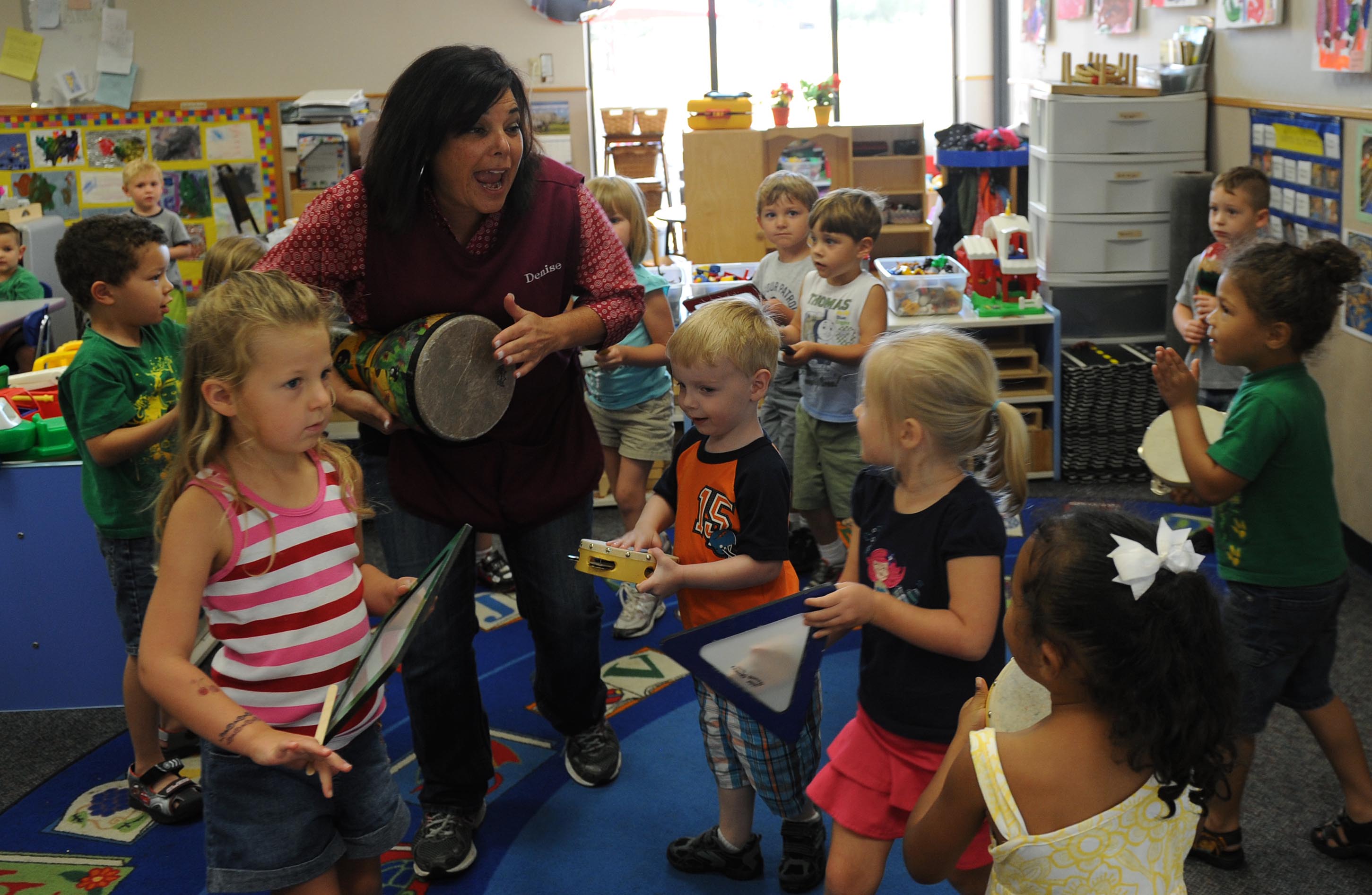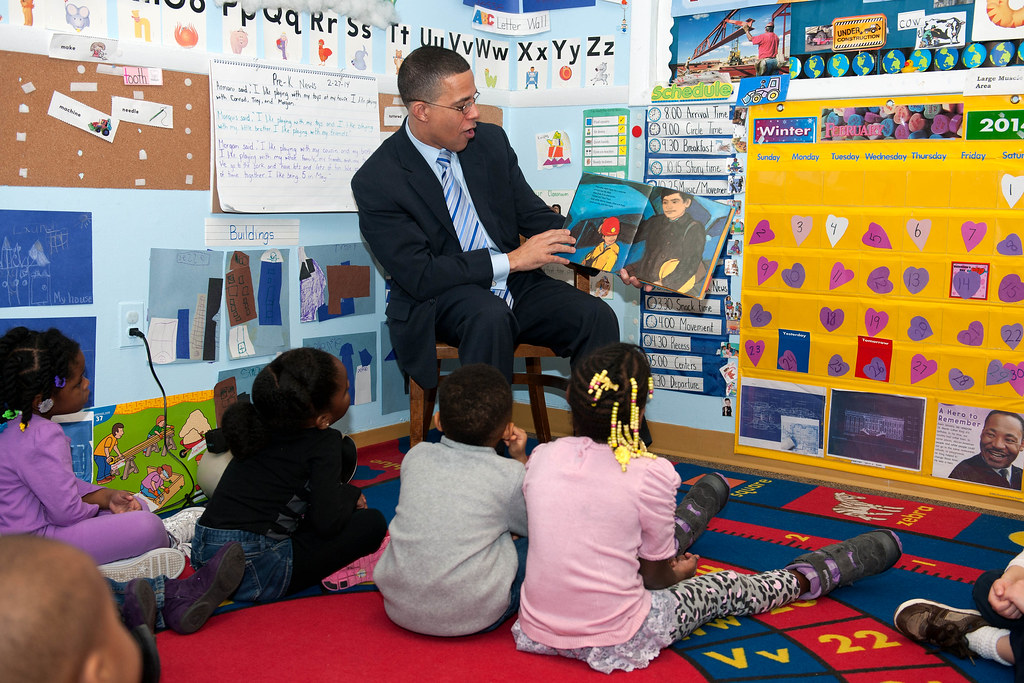 Environmental & Science Education
Environmental & Science EducationChildren
Early Childhood
Society
Culture
Edward Hessler
I'd never heard of or given any thought to the idea of online preschools. What?
Turns out that it is a growing industry (calling it an industry seems a fair characterization because it seems to me an industrial model with inputs (young, curious kids), assembly (in the form of drills, rote learning) and outputs (a narrow set of skills).).
Try to let the idea of a screen-based education for young children sink in. It doesn't compute. So what is the temptation? It is cheap. It is a money-maker for the for profit-based companies (the "pre-K market" is in the neighborhood of $70 b per year, that's a big B).
Nancy Carlsson-Paige, Lesley College (now a professor emerita) an early education expert and cofounder of the not-for-profit, Defending the Early Years. In a recent column in EdSurge, Professor Carlsson-Paige writes that "it is a sorry substitute for the whole child, play-based early childhood education that all young children deserve to have." (My emphasis).
I quote from Carlsson-Paige whose child-centered prescriptions makes sense to me.
Young children don't learn optimally from screen-based instruction. Kids learn through activity. They use their bodies, minds and all of their senses to learn. They learn concepts through hands-on experience with materials in three-dimensional space. Through their own activity and play, and their interactions with peers and teachers, children build their ideas gradually over time.
Many of the online pre-K programs encourage parents to put their kids in front of computers to do academic drills even if they are in a preschools setting.But if parents really want to help their kids get ahead, whether they are in brick and mortar preschools or not, they would do best by reading lots of books to their children, having ongoing conversations with them, listening and askng open-ended questions that help kids think.They might tell them stories, provide a place for children to play and materials to play with, such as building blocks and art materials that allow them to explore number relationships and use symbols.

Some key words/phrases: activity, whole body, sensory, 3-D space, interactions with materials, others and teachers, idea construction over time, conversation, read-alouds, listening, asking open-ended questions, stuff to play with (blocks are one of the greatest toys ever invented), exploration.
And speaking of read-alouds, Indianapolis Colts quarterback Andrew Luck was the subject of a short CBS This Morning profile on reading about his love of reading and of sharing that love with young children. Luck apparently is known as the "NFL's unofficial librarian." He likes it. One takeaway was that the children appeared much less interested in Luck's quarterback/football cred than in being read to.
I link you to two kinds of early childhood schooling mentioned by Professor Carlsson-Paige: Reggio Emilia and Waldorf in the event you've not heard of them.

 CGEE Student Voice
CGEE Student Voice
No comments:
Post a Comment